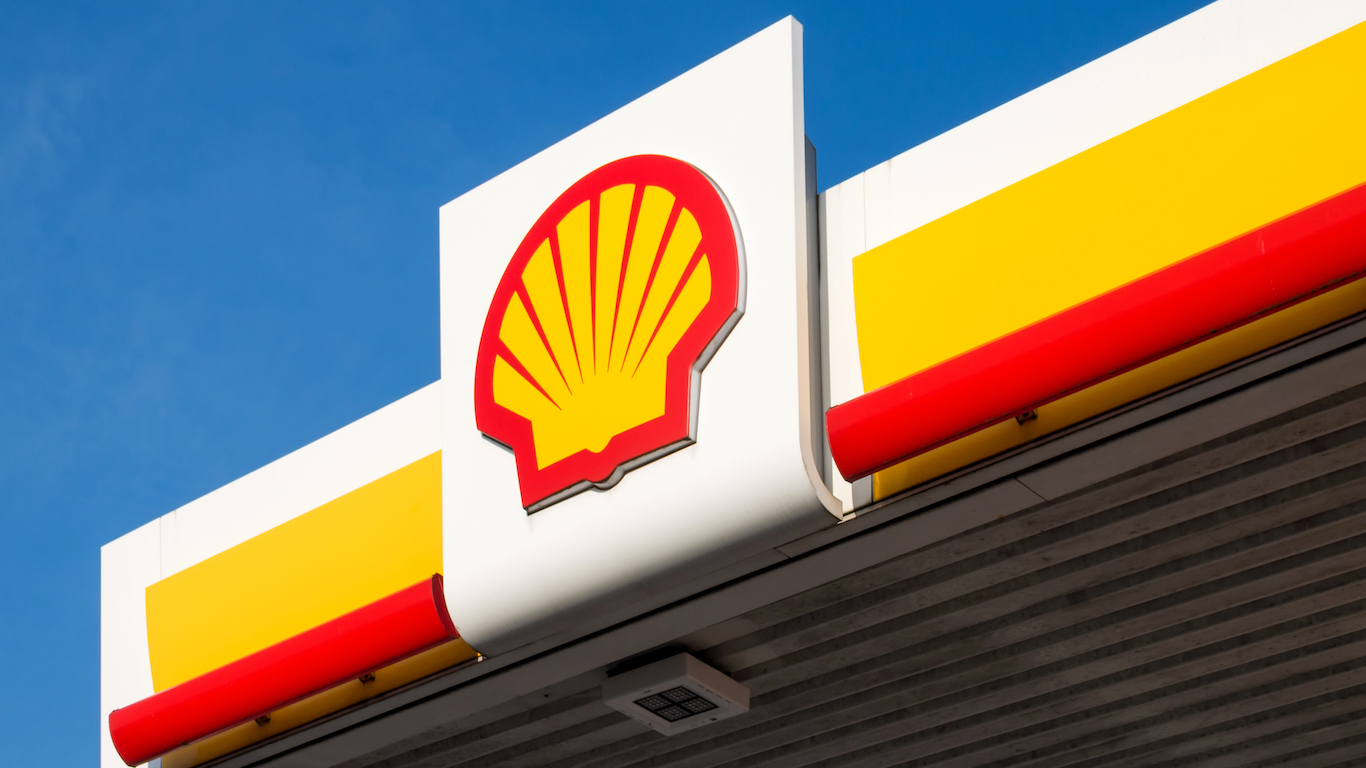Energy
Is Shell About to Spend $8 Billion to Double Its Permian Basin Acreage?

Published:
Last Updated:

According to a Bloomberg News report Tuesday, Royal Dutch Shell PLC (NYSE: RDS-A) is negotiating to buy privately held Endeavor Energy Resources for about $8 billion. If the deal is consummated, Shell would acquire drilling rights to around 329,000 acres in the Permian Basin’s Midland Basin.
Rumors surfaced late last month that Exxon Mobil Corp. (NYSE: XOM), Chevron Corp. (NYSE: CVX) and ConocoPhillips (NYSE: COP) also were considering making an offer for Endeavor, but Bloomberg cited a source who said the three have lost interest in doing so.
At $8 billion, Endeavor appears to be a bargain. Earlier discussions had suggested a price of $15 billion for the firm owned by Texas oilman Autry Stephens and his family. Collapsing oil prices have reduced Endeavor’s value, and it’s not clear whether the 80-year-old Stephens would be willing to part with the firm he built from scratch for the lower amount.
Stephens also reportedly wants to retain a substantial portion of the mineral rights to Endeavor’s acreage that would yield royalty payments when the acreage is drilled. Less than 2% of Endeavor’s Midland acres have been developed using the horizontal drilling techniques that have transformed the United States into world’s top producer of crude.
In August, Endeavor reported second-quarter daily net production of 64,300 barrels of oil equivalent a day, of which 71% was oil, a year-over-year increase of 64%. Lease operating expenses dropped to $10.84 per barrel, a 19% improvement from the prior year.
Exxon, Chevron and Shell all have planted stakes firmly in the Permian Basin and, according to industry analysts at Rystad Energy, these supermajor oil companies could lift their Permian production by 300% by 2030. All three have invested heavily in drilling in the basin, and all three have had major success. Exxon and Chevron doubled their production in the first nine months of this year, and Shell lifted its production by 80% in the same period. Together, these three giants account for 11% of all unconventional (horizontal drilling and fracking) production in the Permian.
The big advantages that these supermajors have are efficient cost structures and economies of scale that enable them to make a profit even when crude oil prices are low. And where smaller producers have to high-grade their drilling by poking holes in locations that promise to yield the most oil, the big boys have high-graded less than half their Permian wells.
Besides Stephens’s desire to hold onto mineral rights for the Midland acres, there are a couple of other things that give Shell pause. The company is still paying off debt from its $50 billion acquisition of BG Group and already holds 280,000 acres in the Permian through a joint venture with Anadarko Petroleum Corp. (NYSE: APC).
According to the company’s fact sheet, Permian production totaled around 39,000 gross barrels a day. The only other North American shale play the company owns is its 225,000 net-acres Fox Creek project in the Duvernay play of Alberta. The company produces some 119,000 barrels a day at Fox Creek. Adding more than 64,000 Endeavor barrels would raise production by around 40%.
This would be a very good pickup for Shell, or any other of the major oil companies. The trick is going to be prying Endeavor out of the hands of Autry Stephens.
Let’s face it: If your money is just sitting in a checking account, you’re losing value every single day. With most checking accounts offering little to no interest, the cash you worked so hard to save is gradually being eroded by inflation.
However, by moving that money into a high-yield savings account, you can put your cash to work, growing steadily with little to no effort on your part. In just a few clicks, you can set up a high-yield savings account and start earning interest immediately.
There are plenty of reputable banks and online platforms that offer competitive rates, and many of them come with zero fees and no minimum balance requirements. Click here to see if you’re earning the best possible rate on your money!
Thank you for reading! Have some feedback for us?
Contact the 24/7 Wall St. editorial team.